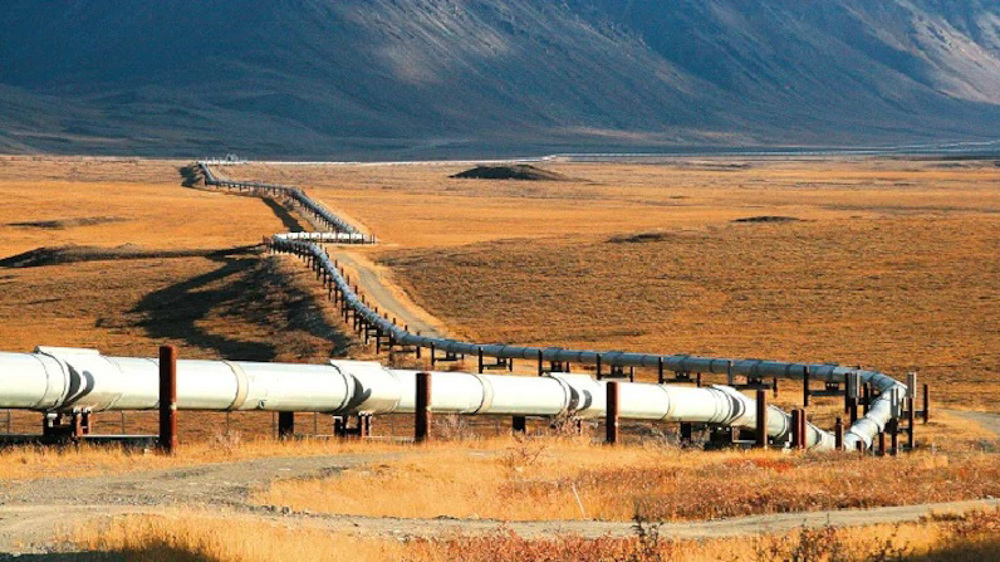In a significant step towards enhancing energy cooperation between Pakistan and Iran, Islamabad has given the green light for advancing much-delayed work on gas pipelines within its territory.
This marked considerable progress in the Pak-Iran gas pipeline project. The approval comes as Pakistan has scrambled to avoid a staggering $18 billion fine.
The approval comes as Pakistan has scrambled to avoid a staggering 18-billion-dollar fine, with the government authorizing the commencement of long-awaited work on the initial 80-kilometer phase within its borders.
Analysts say the project will improve Pakistan’s energy security and support regional industries by providing stable and enhanced gas supplies.
We should make it a trade border, not an international border, and Pakistan and Iran should actually enhance their trade.
And there is so much of informal trade which is going on between both countries.
It has to be formalized and increased and to truly go in the national interest and benefit of both nations.
Reza Muhammad, Islamabad Policy Research Institute, President
Iran has extended the project deadline by 180 days until September 2024 so as to avoid a legal dispute with Pakistan at international tribunals.
The project, launched in 2013, had initially required Pakistan to finish the construction of the pipeline on its territory by the end of 2014.
However, the project faced prolonged delays due to the potential challenges it posed for Pakistan amid international sanctions targeting Iran.
The main hurdle has been geopolitics; sanctions against Iran, and that any country, or any company, who operates with Iran, they would also be sanctioned.
So that has been the concern.
But I feel that the world is now changing and we need energy so I think we should find a way forward to build this pipeline.
Mushahid Hussain Syed, Pakistani MP
The delay has upset Iran, which has already invested $2 billion in the pipeline on its side of the border having completed its section of the pipeline.
Pakistan had also expressed its commitment to constructing an 800-kilometer pipeline to the Iranian border by the end of 2014.
However, Islamabad couldn’t fulfill its end of the bargain amid US pressure and under threat of sanctions.
It is believed that a successful execution of the Iran-Pakistan gas pipeline project will not only alleviate Western country’s energy deficiency but also support Islamabad in strengthening relations with neighboring Tehran




